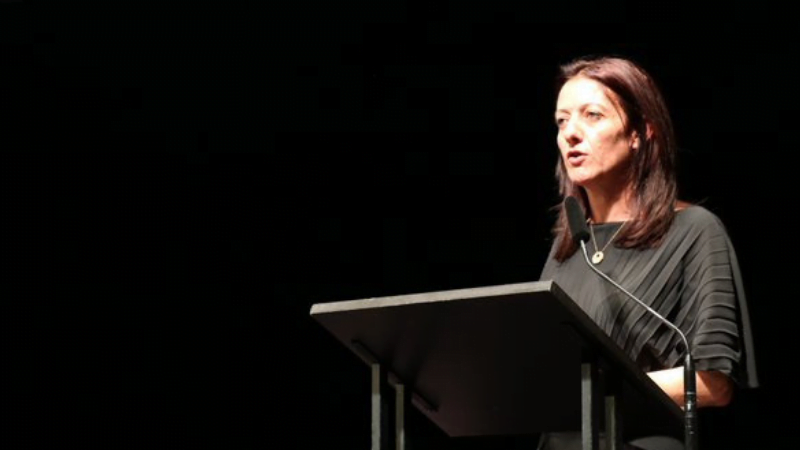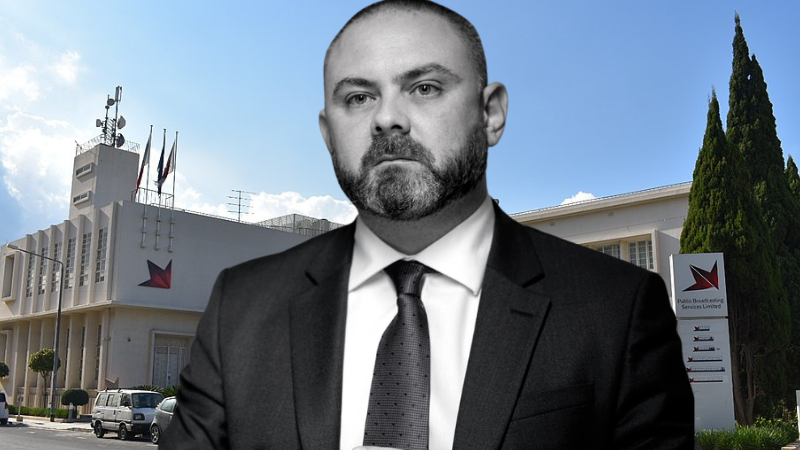Joseph Muscat was forced to resign in disgrace, after weeks of protests greeted revelations that the assassination of Daphne Caruana Galizia was linked to the Office of the Prime Minister.
He didn’t get the top EU job he begged for, either. We brought you the news of what really went on in Brussels while Muscat was trying to spin the line that he was “almost there”. He wasn’t. In fact, he wasn’t even on the list. We stopped that – it didn’t come out of nowhere.
So much for the exit plan that was supposed to protect him and his friends from the corruption and murder linked to his government. Now, he’s out begging for a job, pitching to the corrupt international private firms that profited from the corruption he let into our country.
Contrast that with Simon Busuttil, the man Muscat called a ‘loser’. The largest group in the European Parliament has welcomed the former Opposition Leader as their Secretary General.
Muscat fell because some of us did not fall for the idea that political loyalty to those who were clearly corrupt would win out over morality, integrity and skill.
What we got in return was threats, intimidation, challenges placed at every step in our path, and the sheer struggle to survive. But the biggest sacrifice was peace of mind.

A government employee says that, after “the witch” Daphne Caruana Galizia, the new “witch” journalist Caroline Muscat deserves a few bombs too.
When the Panama Papers were laid out before the handful of journalists who had access to them in Malta, it was clear to me that nothing would be the same again. And the government’s response to our reports — a barrage of libel suits meant to silence our stories, and lies instead of answers — showed me that nothing was going to change despite the enormity of the scandal before us.
I am not partisan; I never was. I built my career on criticising the PN in government because it is a journalist’s duty to hold power to account. And so, I did what any good journalist in my position would do. I dug up everything there was to dig about Simon Busuttil, and I couldn’t find a shred of wrongdoing.
When I was satisfied with this research, I resigned from my post as news editor of The Times of Malta and joined the fight to elect an honest leader – because a government that works against corruption creates an environment where journalists can do their job in the public interest. It seemed like the only way to remove the rot that was spreading so quickly through our country.
A democratic country depends on a free press, one that operates without fear or favour. What we have instead is crippled at the knees, weakened and dependent on favours from those it is meant to scrutinise.
When asked to explain my decision to help Busuttil’s anti-corruption campaign, I wrote: “Journalism has a crucial role to play in keeping the government in check. But that is not enough when the government is not playing by the rules of democracy.”
This was not about partisan politics. It was about good governance. I made that clear. But that hasn’t stopped the Labour Party — and their willing pawns — from spinning stories and attempting to discredit me to this day.
It’s revealing of the brand of politics ushered in under the reign of Keith Schembri that leaving one’s career and opting to help elect an honest politician could be a mark of shame.
Everyone was so happy to bash us after the 2017 election loss when voters knowingly chose corruption over honest politics. As the FIAU leaks piled up and began to make the papers, Muscat’s cronies rushed to get the vote done before anyone could understand the extent of their filth.
Yet many blamed us, while they looked the other way, for choosing to believe all that was convenient for them to believe. And then Daphne Caruana Galizia was killed a few months later.
I never returned to the Party headquarters the minute I cast my vote. I returned to the news world only after Daphne’s brutal assassination. It was clear that politics had failed us, and a new kind of journalism was needed that didn’t shrink from holding power to account, even when that power felt overwhelming.
I remain determined to give the public a new form of journalism that redefines what ‘independent’ means – journalism free from the shackles that bind other newsrooms in Malta who are struggling to survive.
Of course, we struggle to survive, too. Every day is a fight. But we turn to the public when we need help, and not to the government, or political parties, or the companies that elect those who benefit them.
I took that stand when those who have benefitted from the Party for years were laying low. And it was clear the odds were stacked against us. But the fall of Joseph Muscat and the elevation of Simon Busuttil has proven us right. Everyone is wiser in hindsight, but it’s those who stick their neck out when nobody else does who redefine a nation. I’m glad to have been on the right side of history. If you have read this far, you are too.
My late father used to tell me that he loved me for fighting for what I believed in, but that it caused him pain to know I would suffer for always choosing to side with the underdog. I told him the obvious – he had taught me those values. I can see now that he suffered, too. But he always remained true to his values. I hope I can live up to that.
There’s no time to rest. The tide may have turned, but the fight for true democracy in Malta is just warming up.
It is not a partisan fight, but a movement demanding change. The new Prime Minister would do well to heed this call.
Any leader from any political party must understand that it’s his duty to listen to the demands of the people on the streets, whether those demands come from protestors or from citizens who can’t make ends meet because corruption has stolen their livelihood.
Together, we can finish what we started, but we need your help. Please support The Shift today.













